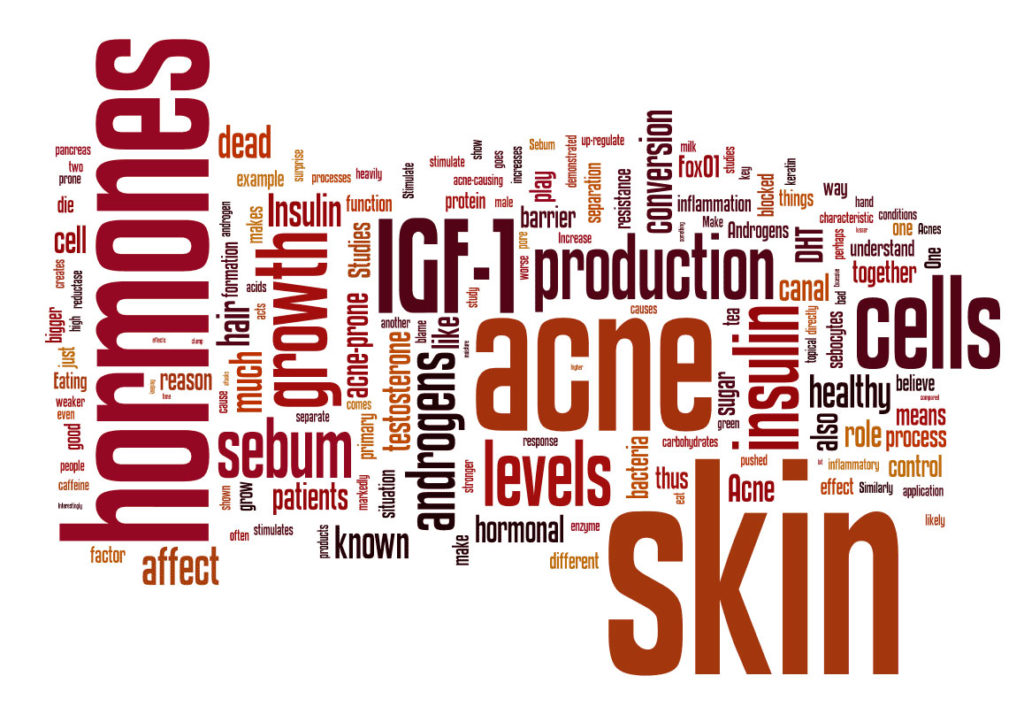Constipation is a common digestive issue that affects millions of people worldwide. While it may seem like a minor inconvenience, ignoring constipation can have serious consequences for your overall health and well-being. In this article, we will explore the importance of addressing constipation, what happens to toxins when you are constipated, and how to improve digestive motility through functional health means.
Understanding Constipation and Its Impact
What is Constipation?
Constipation is a condition characterised by infrequent bowel movements or difficulty passing stool. It occurs when the muscles in the colon are not contracting properly, making it harder for waste material to move through the digestive system. Common symptoms of constipation include bloating, abdominal discomfort, and straining during bowel movements.
The Importance of Addressing Constipation
Ignoring constipation can lead to a buildup of toxins in the body and can have a negative impact on your overall health. When waste material remains in the colon for an extended period, toxins can be reabsorbed into the bloodstream, leading to a condition called autointoxication. This can contribute to a range of health issues, including:
- Poor Digestive Health: Constipation can disrupt the balance of bacteria in the gut, leading to digestive problems such as bloating, gas, and indigestion.
- Nutritional Deficiencies: When waste material builds up in the colon, it can interfere with the absorption of nutrients from the food you eat. This can result in nutrient deficiencies and impact your overall health and well-being.
- Toxic Overload: The colon is responsible for eliminating waste and toxins from the body. When constipation occurs, these toxins can be reabsorbed into the bloodstream, putting a strain on the liver and other organs responsible for detoxification.
- Impaired Immune Function: The gut plays a crucial role in immune function, and constipation can disrupt the balance of bacteria in the gut, leading to immune system dysfunction and increased susceptibility to illness and infection.
- Skin Issues: Toxins that are not eliminated from the body can manifest in various ways, including skin issues such as acne, eczema, and psoriasis.
- Mental Health Concerns: There is a strong connection between the gut and the brain, known as the gut-brain axis. When toxins build up in the body, it can negatively impact neurotransmitter function and contribute to mental health issues such as anxiety and depression.
The Journey of Toxins in the Body
To understand the importance of addressing constipation, it’s essential to understand what happens to toxins when you are constipated. When waste material sits in the colon for an extended period, toxins can be reabsorbed into the bloodstream, leading to a condition called autointoxication.
Autointoxication occurs when toxins produced by bacteria in the gut are absorbed through the intestinal wall and enter the bloodstream. These toxins can circulate throughout the body, affecting various organs and systems.
The liver plays a crucial role in detoxifying the body and removing toxins from the bloodstream. However, when constipation occurs, the liver can become overwhelmed, leading to a buildup of toxins in the body. This can have a cascading effect on other organs and systems, leading to a range of health issues.
Improving Digestive Motility through Functional Health Means
Addressing constipation and improving digestive motility is essential for preventing the buildup of toxins in the body. Here are some functional health approaches that can help improve digestion and promote regular bowel movements:
1. Hydration:
Staying hydrated is crucial for maintaining regular bowel movements. Drinking an adequate amount of water throughout the day helps soften the stool and promotes smoother bowel movements. Aim for at least 8 glasses of water per day.
2. Dietary Fibre:
Including an adequate amount of dietary fibre in your diet can help promote regular bowel movements. Fibre adds bulk to the stool, making it easier to pass through the digestive system. Good sources of fibre include fruits, vegetables, whole grains, and legumes.
3. Probiotics:
Probiotics are beneficial bacteria that can help restore the balance of gut flora and promote healthy digestion. They can be found in fermented foods such as yoghurt, sauerkraut, and kimchi or as a supplement.
4. Regular Exercise:
Physical activity stimulates the muscles in the digestive system, promoting better motility and bowel movements. Aim for at least 30 minutes of moderate exercise most days of the week.
5. Stress Management:
Chronic stress can contribute to digestive issues, including constipation. Practising stress management techniques such as meditation, deep breathing exercises, and yoga can help promote better digestion and regular bowel movements.
6. Natural Remedies:
Certain natural remedies can help promote better digestion and relieve constipation. Herbal teas such as peppermint, ginger, and chamomile can help soothe the digestive system and promote bowel movements. Additionally, herbal supplements such as Triphala, aloe vera, slippery elm, and cascara sagrada may provide relief.
7. Medical Consultation:
If you are experiencing chronic constipation or if your symptoms are severe, it’s important to seek medical advice. A healthcare professional can evaluate your symptoms, identify underlying causes, and recommend appropriate treatment options.
Constipation is a common digestive issue that should not be ignored. Ignoring constipation can have serious consequences for your health, including poor digestion, nutritional deficiencies, toxic overload, impaired immune function, skin issues, and mental health concerns. By understanding the impact of constipation on your body and implementing functional health approaches to improve digestive motility, you can promote better overall health and well-being. Remember to stay hydrated, include dietary fibre in your diet, incorporate probiotics, engage in regular exercise, manage stress, consider natural remedies, and seek medical advice when necessary. Taking proactive steps to address constipation can help you maintain a healthy digestive system and prevent the buildup of toxins in your body.




